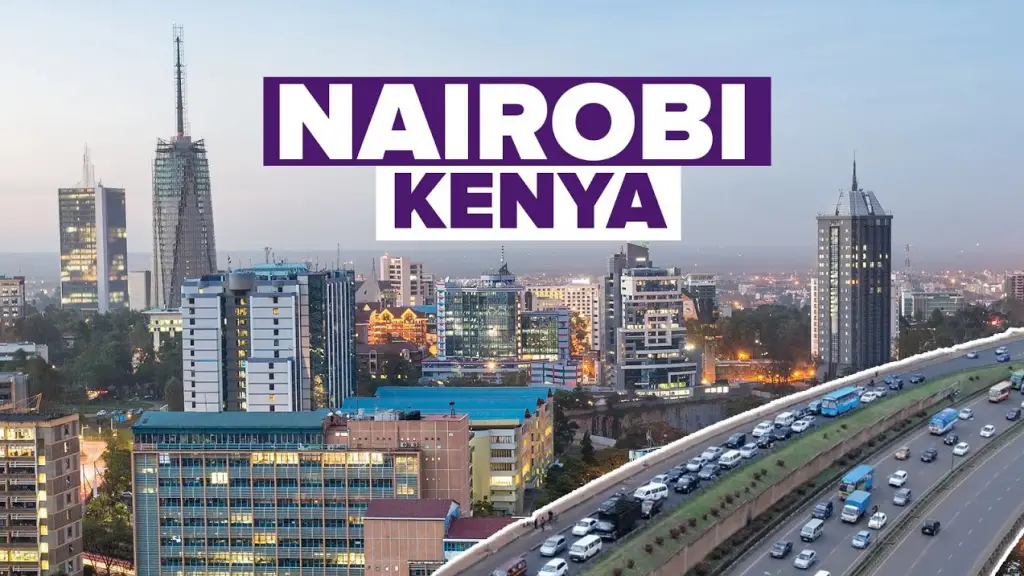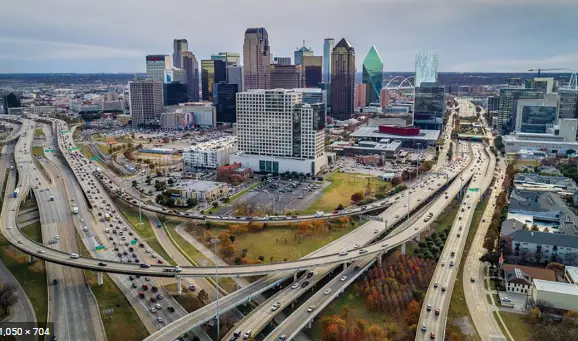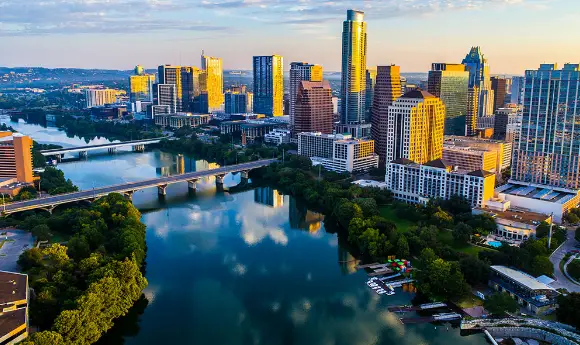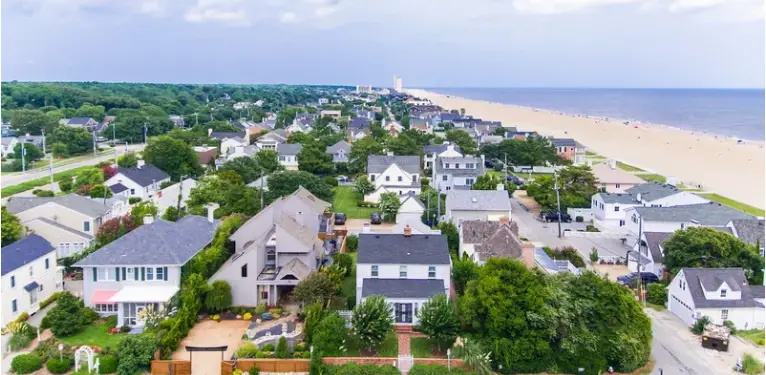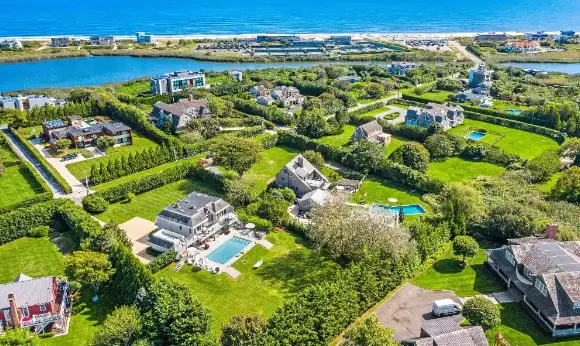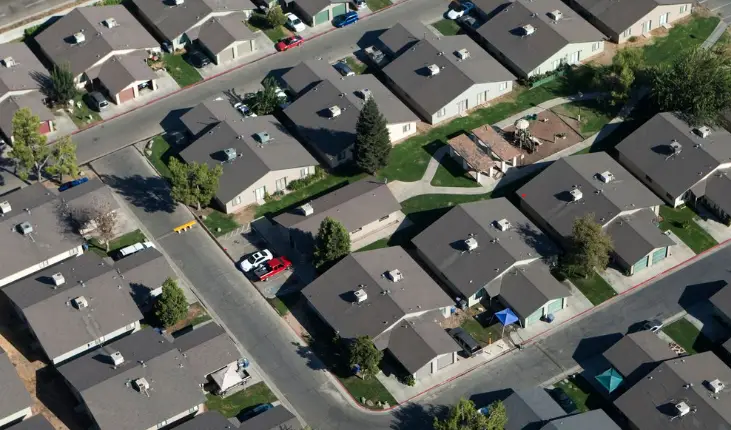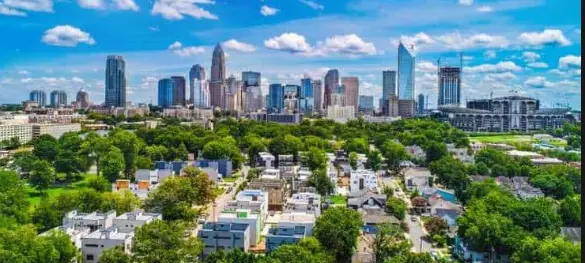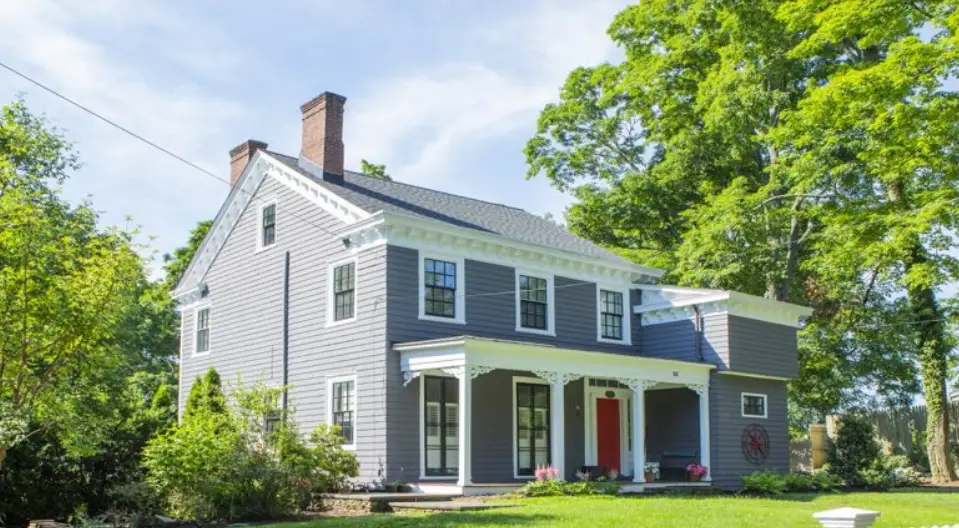Is chino ca safe?
Chino ca is generally considered to be a safe place to live. One of the main reasons why chino ca is considered to be safe is because it has a relatively low crime rate. According to the most recent data from the FBI, the total crime rate in chino ca is only about 2,700 incidents per 100,000 people. This is significantly lower than the national average, which is over 3,500 incidents per 100,000 people. Another reason why chino ca is considered to be safe is because it is a relatively small city. With a population of just over 84,000 people, chino ca is much smaller than other California cities like Los Angeles and San Francisco. This means that there are fewer opportunities for crime to occur. Of course, no place is completely safe and there are always some risks associated with living in any city. However, overall, chino ca is considered to be a safe place to live.
What is Chino CA known for?
Chino CA is known for its agriculture and dairy industry. The city is located in the Inland Empire region of Southern California and is home to a large number of dairy farms and ranches. Chino CA is also known for its annual rodeo, which is one of the largest in the United States.
Is Chino Valley A safe place to live?
Based on a number of different measures, it appears that Chino Valley is a relatively safe place to live. The crime rate in Chino Valley is lower than the national average, with only 1,206 reported crimes per 100,000 residents in 2016. This is significantly lower than the Arizona state average of 3,362 reported crimes per 100,000 residents. Additionally, the violent crime rate in Chino Valley is also lower than the national and state averages, with only 208 reported violent crimes per 100,000 residents in 2016. There are also a number of factors that contribute to the overall safety of a community, and Chino Valley appears to have many of these. The town has a low population density, which can help to reduce crime. There is also a strong sense of community in Chino Valley, with residents often looking out for one another. Additionally, the town has a low poverty rate and a high median household income, which can also help to reduce crime. Overall, while there is no definitive answer to the question of whether or not Chino Valley is a safe place to live, it appears to be a relatively safe community based on a number of different measures.
Which is better Chino or Chino Hills?
There is no definitive answer to this question as it depends on individual preferences and needs. However, both Chino and Chino Hills offer a number of advantages that make them attractive places to live. Chino is a smaller city than Chino Hills, and as such, it offers a more intimate and close-knit community feel. It is also more affordable than Chino Hills, making it a great option for those on a budget. In addition, Chino is located closer to major cities like Los Angeles and Anaheim, making it a convenient option for those who want to be close to urban amenities. Chino Hills, on the other hand, is a larger city with more amenities and facilities. It is also located further from major cities, which some people may prefer if they are looking for a more suburban or rural lifestyle. Chino Hills is also home to a number of highly rated schools, making it a great option for families with children.
Is Rancho Cucamonga safe?
Rancho Cucamonga is a safe city to live in. The crime rate is low and there are plenty of things to do in the city. There are also a number of good schools in the city, which makes it a great place to raise a family.
Is Chino Hills a rich area?
Yes, Chino Hills is considered a rich area. The median household income in Chino Hills is $140,000, which is nearly double the national average of $73,000. The median home value in Chino Hills is also $610,000, which is nearly triple the national average of $219,000. The cost of living in Chino Hills is also high, with the average monthly rent for a one-bedroom apartment costing $2,100. However, the high cost of living is offset by the high incomes and home values in the area.
Why is it called Chino California?
The city of Chino is located in southwestern San Bernardino County, California. The city was incorporated in the year 1911. It is bordered by the cities of Ontario to the west, Pomona to the northwest, and unincorporated San Bernardino County to the north and east. The city got its name from the Spanish word for “chin,” which was in reference to the large number of Chinese immigrants who were living in the area during the late 19th century. At that time, the city was known as “Chino Village.” The Chinese immigrants were brought to the area to work on the construction of the California Southern Railroad.
What’s the crime rate in Chino Valley?
The crime rate in Chino Valley is relatively low when compared to other cities of similar size. In 2016, the city had a total of 1,490 reported crimes, which resulted in a crime rate of 3,182 per 100,000 residents. This is significantly lower than the average crime rate for Arizona, which is 4,847 per 100,000 residents. When looking at specific types of crime, Chino Valley has a higher rate of property crime than violent crime. In 2016, there were 1,261 reported cases of property crime, which equates to a rate of 2,711 per 100,000 residents. This is higher than the state average of 2,362 per 100,000 residents. However, the city’s violent crime rate of 471 per 100,000 residents is lower than the state average of 685 per 100,000 residents.
Is Chino Valley a good place to retire?
There are a number of factors to consider when deciding if Chino Valley is a good place to retire. The cost of living in Chino Valley is relatively low when compared to other parts of the country, and there are a number of amenities and activities available to residents. The climate in Chino Valley is also mild, which can be a major factor for retirees who are looking to escape the cold winters of the northern states. One potential downside of retiring in Chino Valley is the lack of public transportation. While there are a number of taxi and ride-sharing services available, there is no local bus or train system. This can make it difficult for retirees who do not have a car to get around.
Another potential downside is the lack of a robust healthcare system in Chino Valley. There are a number of hospitals and clinics in the area, but they may not be able to provide the same level of care as larger facilities in other parts of the country. Overall, Chino Valley is a good place to retire if you are looking for a relatively low cost of living and mild climate. There are a number of activities and amenities available, but retirees should be aware of the lack of public transportation and healthcare options.
What is it like to live in Prescott Valley AZ?
Prescott Valley is a town in Arizona that is located about 100 miles north of Phoenix. The town has a population of about 38,000 people. The town is located in the Prescott National Forest and is surrounded by mountains. The town is a popular tourist destination because of its proximity to the Grand Canyon. The town is also home to the Prescott Valley Event Center, which is a popular venue for concerts and sporting events. The town has a semi-arid climate with hot summers and mild winters.
Is Chino a good neighborhood?
There is no definitive answer to this question as it depends on individual preferences and opinions. Some people may find Chino to be a great neighborhood due to its close-knit community feel and its proximity to nature, while others may find it to be too quiet or too far from the city. Ultimately, it is up to the individual to decide whether or not Chino is a good neighborhood for them.
What kind of people live in Chino Hills?
There is no definitive answer to this question as Chino Hills is a large and diverse city. However, we can make some generalizations based on the demographics of the city. The majority of residents in Chino Hills are white (65%), followed by Hispanic (19%), Asian (9%), and African American (4%). The median household income in Chino Hills is $103,000, and the median home value is $602,000. The city has a relatively high cost of living, with housing costs being the biggest expense. Overall, Chino Hills is a affluent and diverse city. There is a mix of families, young professionals, and retirees who call the city home.
What celebrities went to Chino Hills High school?
Some celebrities that went to Chino Hills High School are NBA player Kobe Bryant, NFL player Terrell Owens, and MLB player Mike Trout.
